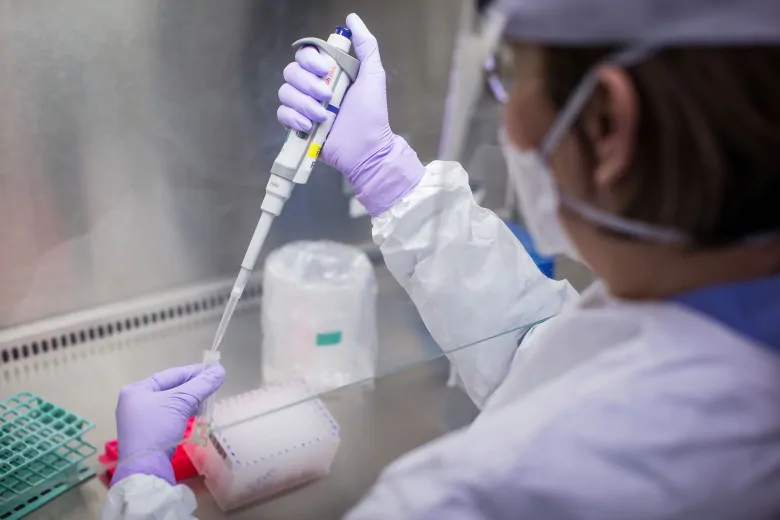Science in a time of crisis

As we face the threat of a fast-moving, deadly virus that has spread around the globe, many questions are arising that scientists are having difficulty answering because science takes time and the pandemic is moving so rapidly.
Many questions have arisen that scientists and public health officials are struggling to answer: How contagious is the virus? Does it spread by direct contact, or is it to some degree airborne? Should everyone wear masks, or should masks only be worn by health-care workers and those who are infected? Why do some people get sicker than others? How soon will we have a vaccine?
One critical question, for example, is: To what degree are people who become infected with the virus and then recover from it immune to it, and if so, for how long?
To answer that, you need to track a large number of patients who have run through a full course of the disease. We can’t ethically re-expose them on purpose, so we have to wait to see, for months or even years, if their immunity is durable.
Alternatively, we can test recovered people for antibodies to the virus — molecules produced by the immune system to fight the infection — which we’re now starting to do.
But in order to do that, we have to find out what those antibodies are — which ones signal robust immunity. Then we have to develop tests, validate them, and manufacture them.
It all takes time.
Studying the disease
And then there’s the question of finding treatment or vaccines.
The disease needs to be studied in the laboratory to understand its genetics, its basic biology and mechanisms of infection.
Then strategies have to be developed to stop it from doing its nasty work, which usually involve drugs or vaccines.
Then those drugs or vaccines must first be tested in cell cultures, then in animals to cull the bad ideas, leaving the most promising candidates. Only then can we start multi-stage human clinical trials to investigate whether they are safe and effective.
Again, all of this takes time, and there aren’t many ways to make it go faster.
Global effort
One of the few things we can do is have as many scientists investigate as many strategies as possible, which increases the chance that we’ll find a successful one quickly.
So while it may seem the science is slow or uncertain, we are witnessing an incredible global effort where scientists from around the world are sharing their data in an all-out effort to beat a common threat.
And as that happens, we’re seeing in real time the process of science — and it can seem chaotic.
Early publication of so-called “pre-print” papers is bringing out information faster than ever before.
But these are ideas that haven’t been thoroughly tested. They can be alarming, or promising, and they will need to be rigorously investigated, and many will turn out to be mistakes or dead ends.
We’re watching the evolution of ideas, and evolution is a messy process.
There is a parallel between the current situation with COVID-19 and the Deepwater Horizon oil spill in the Gulf of Mexico that happened 10 years ago.

As you will hear on this week’s episode of Quirks & Quarks, scientists studying the environmental impact of the spill had difficulty monitoring the situation at the time because all efforts were focused on putting out the fire and stopping the tremendous flow of oil out of the ocean floor.
Even though there was concern about the environmental impact of chemical dispersants that were used to break up the oil, there was little time to do the science because the situation was so desperate. So the dispersants were used in vast quantities.
Now, a decade later, there are still unanswered questions about the full environmental impact of the oil spill.
Search for treatments and vaccines
Today, scientists investigating COVID-19 are doing their best to work during a much bigger crisis.
The first priorities are to stop the virus from spreading through physical distancing, and care as best we can for the sick.
Around that, we need to do the rigorous, systematic work that will lead to useful treatments or vaccines.
We all want answers now, but we don’t want to rush through a treatment that may have hidden side-effects that are worse than the disease.
While it is difficult for everyone, we are witnessing one of the most incredible international efforts to fight a common enemy.
Researchers from Canada, the U.S., Asia, Europe, and all around the world are all working together to speed the process up.
The most difficult part of this crisis for the rest of us might be having the patience to let them do their work.





